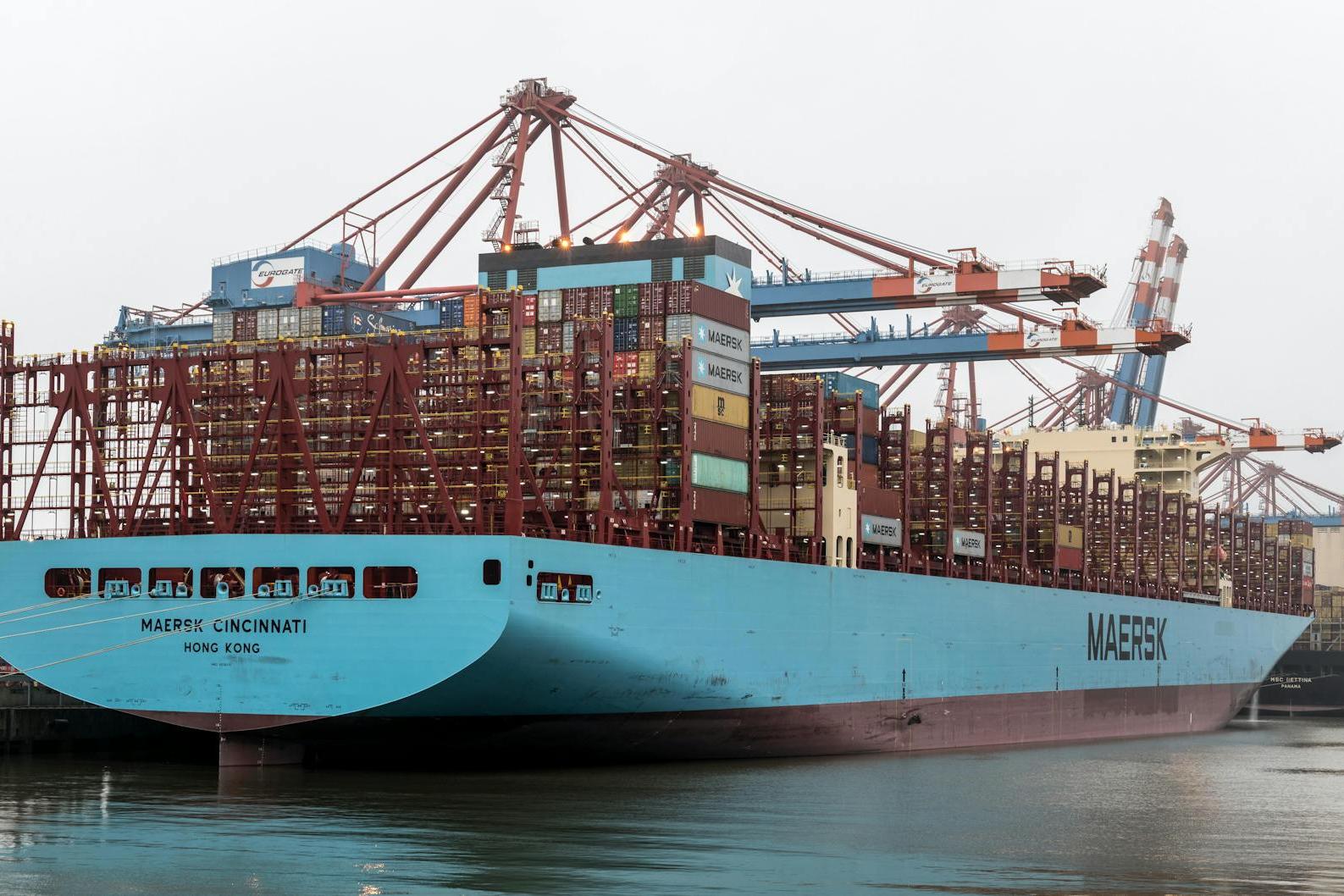
Customs Bonded Warehouse: The "VIP Lounge" for Foreign Trade Enterprises
If we compare import and export goods to international travelers, then customs bonded warehouses are their "VIP lounges." As a 20-year veteran in foreign trade, I've seen too many companies stumble at this stage. Today, I'll break down the ins and outs of customs bonded warehouse approval in the most straightforward way possible.
Why are customs bonded warehouses needed?
According to Article 38 of the Customs Law, operating bonded warehouse facilities requires registration approval. This is like needing a food business license to open a restaurant - its a mandatory requirement. In practice, such warehouses are mainly used for:
- Temporarily storing uncleared goods: It is equivalent to the "observation zone" right under the eyes of customs.
- Bonded warehousing:Duty-free shops enjoying tariff deferral
- Supporting special supervision zones: The "Core Hub" in Comprehensive Bonded Zones and Free Trade Zones
Pre-application "Checklist"
Last year, a client wasted three trips to customs by overlooking application requirements. To avoid such embarrassment, please first confirm:
- Whether the corporate legal entity status is complete (branches require parent company authorization)
- Does the business license scope include "storage of goods under customs supervision"?
- Whether the site complies with the Site Setup Specifications (this is the most common pitfall)
Special reminder: Site specifications include but are not limited to full CCTV coverage, independent fencing, weighbridges at gates, and other hardware requirements. Professional compliance assessment is recommended beforehand.
The "Golden Trio" of Material Preparation
Based on years of experience, focus on three key points for application documents:
- The Application: Just like a job resume, it's important to highlight "professionalism." It's recommended to refer to templates for guidance.
- Layout diagram: Equivalent to a "CT scan" of the warehouse, the more detailed the functional area annotations, the better.
- Authorization documents: The "Imperial Sword" for branch applications must be personally signed by the legal representative.
Pro tip: Colored 3D modeling for diagrams works better than flat drawings - last year this helped a client speed up approval by 30%.
The "Cheat Sheet" for Approval Processes
The entire process is like clearing game levels, divided into three stages:
Level 1: Registration application
Customs officers will conduct on-site verification within 20 working days, focusing on:
- Whether the surveillance system provides full coverage without blind spots
- Whether the physical isolation of storage areas meets standards
- Whether firefighting facilities comply with special customs requirements
Level 2: Modification application
Common change scenarios include:
- Warehouse area adjustment (exceeding 10% requires re-approval)
- Adding special functions like cold chain
- Change of operating entity (requires cancellation before reapplication)
Level 3: Cancellation application
The most challenging part is the "Cargo Disposal Instructions." Suggestion:
- Plan cargo clearance 3 months in advance
- Retain complete disposal documentation
- Cases involved must wait for customs closure
A time-saving and labor-saving "green channel"
Customs offices nationwide have now implemented a "dual-track online and offline" processing system:
- Online Processing: Submit 24/7 through the "Internet + Customs" platform.
- Window ProcessingRecommended to call 12360 in advance for consultation appointment
Special note: Although promised completion within 20 working days, with complete materials, certificates can be obtained in as fast as 7 days.
Post-operation "Lightning Avoidance Guide"
Obtaining the Registration Certificate is just the beginning. Daily operations require attention to:
- Quarterly self-inspection of facility integrity
- Maintain inbound/outbound records for at least 3 years
- Major changes must be reported in advance
Last year, a company was fined 50,000 yuan for unauthorized surveillance angle modification - a cautionary lesson.
Final notes
Customs supervised warehouse approval is like getting a drivers license: clear rules but tedious details. Recommendations for enterprises:
- Invest sufficient compliance costs upfront
- Establish a dedicated customs affairs team
- Regularly participate in customs policy training
Remember: A compliant warehouse is an accelerator for foreign trade, not an obstacle. For difficulties during approval, call 12360 Customs Service Hotline anytime.


 Follow Customer Service WeChat
Follow Customer Service WeChat